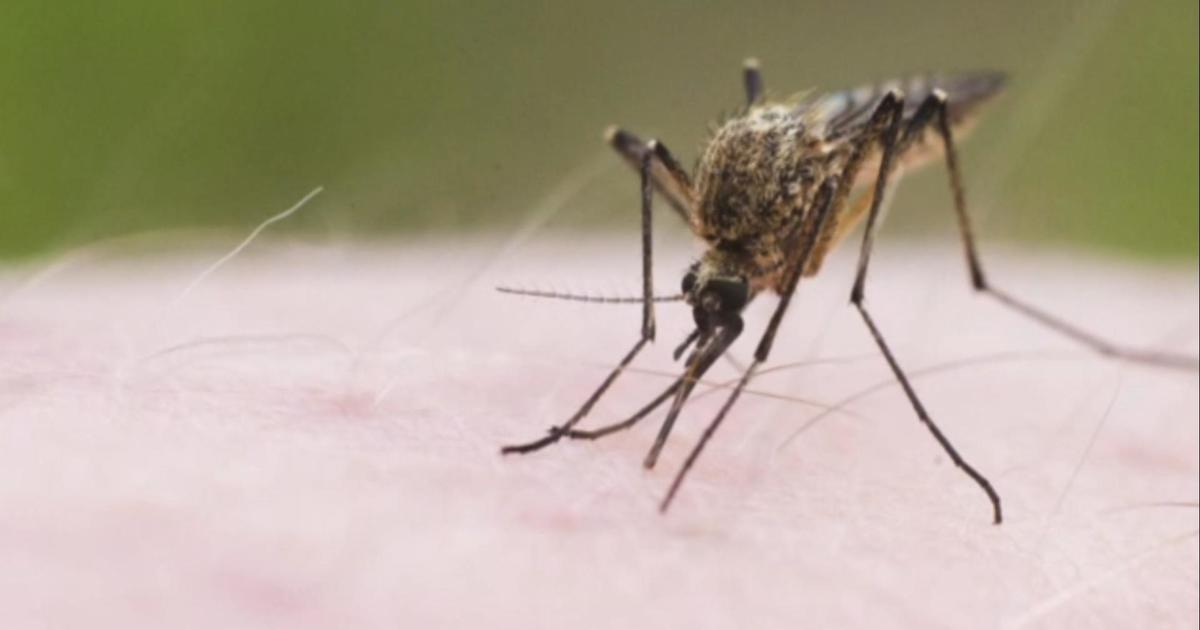Doctors Offer Tips On How To Prevent Lyme Disease
PITTSBURGH (NewsRadio 1020 KDKA) - The weather is getting warmer and summer is right around the corner. And that means, tick season.
Ticks can embed themselves in both animals and people, they are dangerous because they could be infected and transmit Lyme disease.
Lyme disease is defined by the Centers for Disease Control and Prevention as being caused by the bacterium transmitted by bites of infected ticks.
Dr. Mike Hutchinson, host of Animal General heard on KDKA, says we are in big trouble when it comes to Lyme disease and other tick borne illnesses.
"It's because there is more deer ticks out there. They have over taken the dog tick in our area by 4-1. It used to be dog ticks to deer ticks was 5-1, now we have more deer ticks and that's what carries the Lyme disease," Hutchinson said.
Those with pets should check their animals for ticks. The most common places they attach are around the thin-haired areas, like around the ears, the neck and areas on the stomach.
So, what is the best trick for repelling ticks from your animals and your clothes? Dr. Mike says it simple.
"We can carry Listerine bottles," Hutchinson said. "Fill it up to the neck of the spray bottle with Listerine, a little bit of water, spray it over your clothing a little bit before you go out. It will help repel the ticks. We can also spray it over the dogs. Cats won't like it so much."
Now that we have covered your pets, what about you? Humans can be infected by ticks just as easily as animals. While you could potentially see them with your eyes or feel them, it's best to know what to watch for.
Some of the symptoms of Lyme disease is fever, headache, fatigue and rashes on the skin. If you have contracted the disease it can be treated with antibiotics, but if left untreated it can spread to joints, the heart and the nervous system.
Dr. Fotious Koumpouras, a rheumatologist with Allegheny General Hospital, explained what humans have to be wary of after being bitten by a tick.
"So, really, it takes about 48 to 96 hours for the bacteria that lives in the mouth parts of the tick to actually get into your system. It takes a good day or so for the tick to be firmly attached and start getting a blood meal. So ticks that are attached for two, three, four days are those ticks that are likely to transmit Lyme Disease," Dr. Koumpouras said.
You can listen to the whole segment with Dr. Hutchinson and Dr. Koumpouras here:
Ticks and Lyme Disease
You can also listen to the KDKA Afternoon News with Bill Rehkopf weekdays 3 p.m. to 7 p.m.
RELATED LINKS:
More From NewsRadio 1020 KDKA
Like NewsRadio 1020 KDKA On Facebook
Follow NewsRadio 1020 KDKA On Twitter



